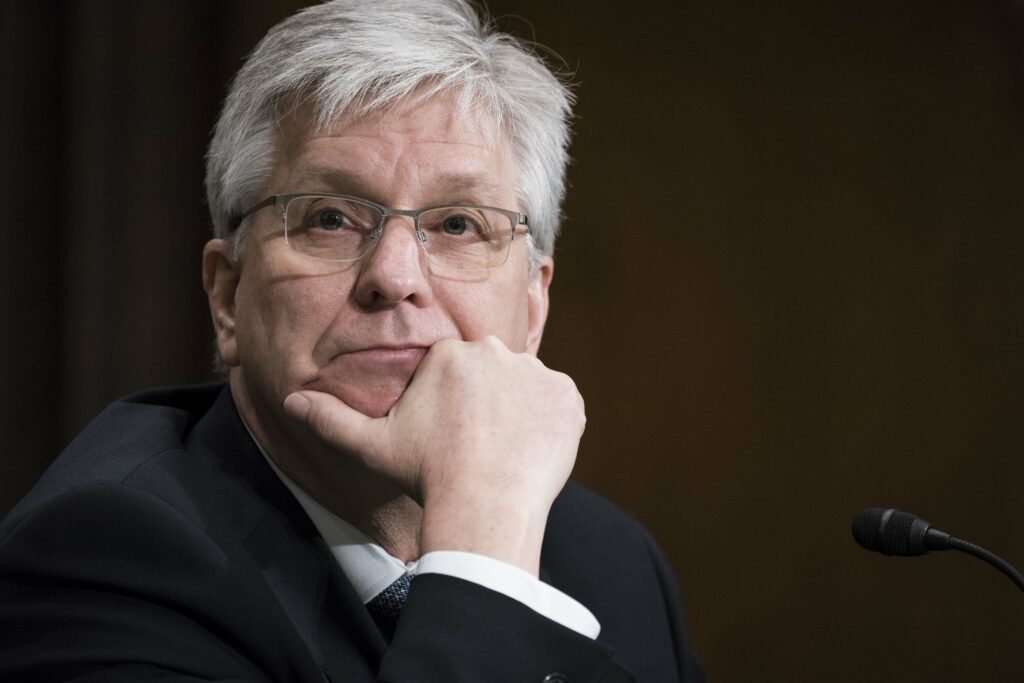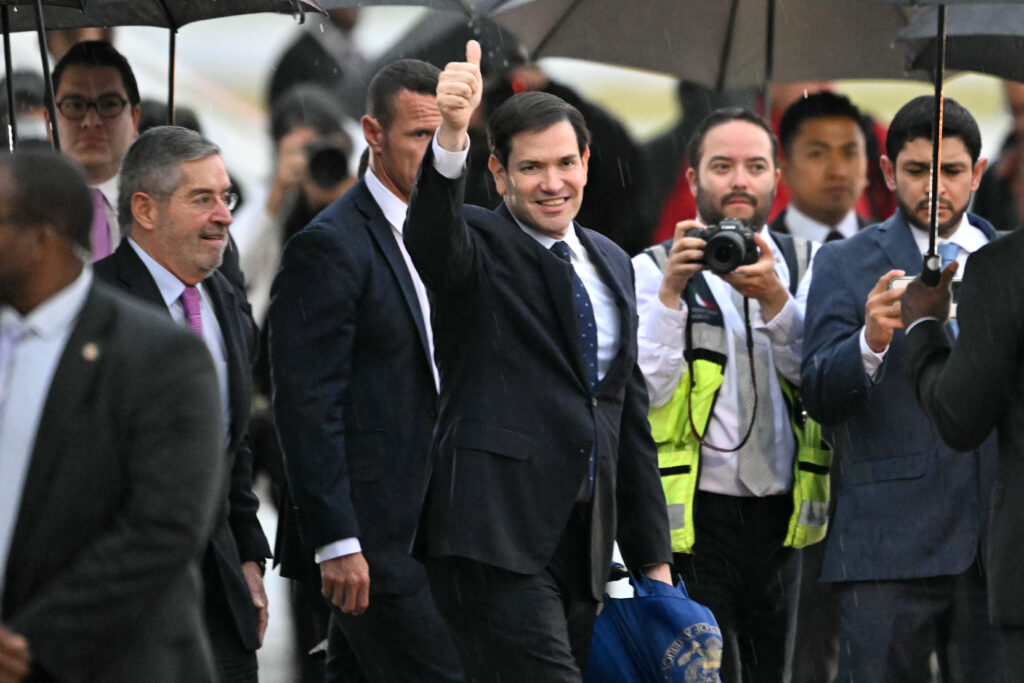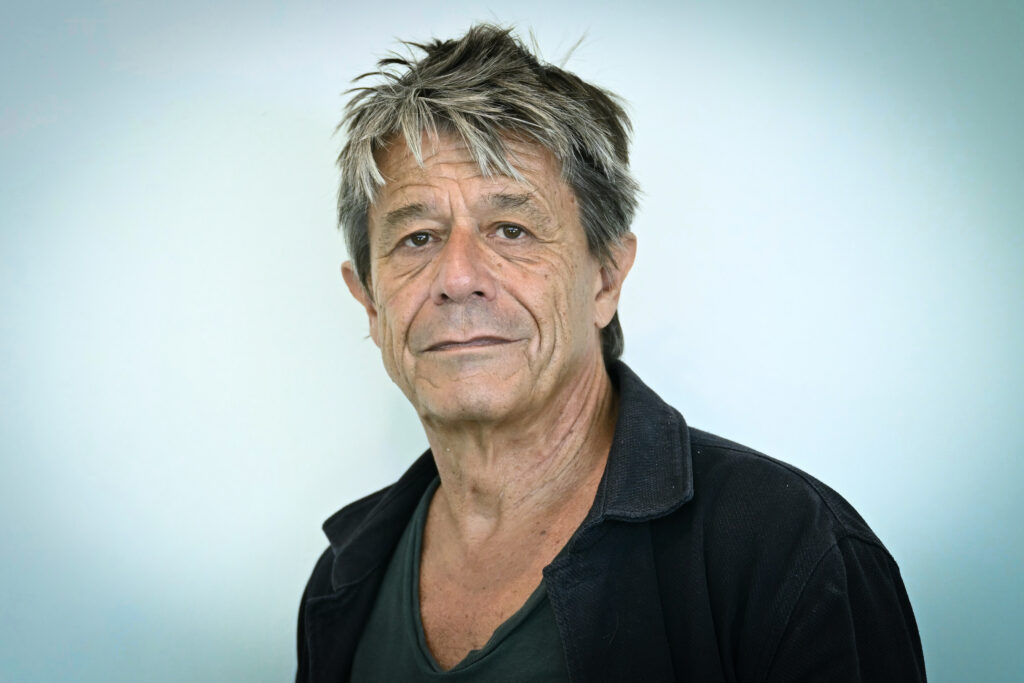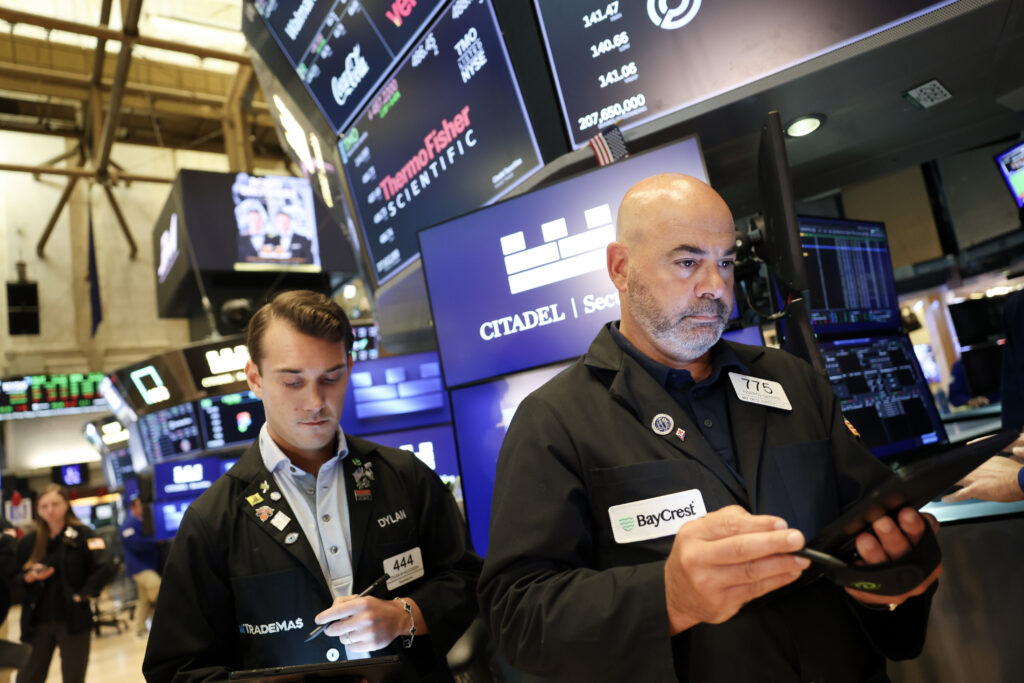Le Guyana, petit pays pétrolier pris en étau entre Venezuela et Etats-Unis
Le Guyana, qui attend jeudi les résultats de ses élections présidentielle et législatives, est un récent allié des Etats-Unis face au Venezuela, qui convoite les deux tiers de son territoire et ses riches réserves pétrolières.Le Guyana a confié à la compagnie américaine Exxon l’essentiel de l’exploitation de ses ressources pétrolières, notamment dans l’Essequibo, région revendiquée par Caracas.Essequibo et pétrole ont été omniprésents dans la campagne des élections générales qui se sont tenues lundi.- Le différend de l’Essequibo”Essequibo is Guyana’s” ou “Essequibo ah we own” (L’Essequibo appartient au Guyana, en Anglais ou en Créole) s’affiche un peu partout dans le pays sur des panneaux depuis plus d’un an. Les candidats à la présidentielle ont presque tous embrassé le sujet, à commencer par le président sortant Irfaan Ali qui en a fait un axe majeur de campagne, adoptant une position ferme face à Caracas.Le Venezuela a relancé ses prétentions sur le territoire en 2019, faisant notamment élire un gouverneur pour la région sur laquelle Caracas n’a pas de pouvoir, ou organisant un référendum au Venezuela sur le sujet. Le Guyana estime que le tracé de sa frontière, datant de l’époque coloniale anglaise, a été entériné en 1899 et demande à la Cour internationale de justice (CIJ) de le ratifier. Le Venezuela, qui ne reconnait pas la compétence de la CIJ, assure que le fleuve Essequibo doit être la frontière naturelle, comme en 1777 à l’époque de la colonisation espagnole.Nouveau gage du rapprochement avec Washington, M. Ali soutient le récent déploiement de navires américains dans les Caraïbes. Un tir sur un bateau parti du Venezuela a tué 11 “narcoterroristes”, a affirmé mardi Donald Trump, qui accuse Caracas de diriger un vaste réseau de trafic de drogue.- Alliance Washington-Georgetown: realpolitikDimanche, le Guyana a déclaré avoir essuyé des “coups de feu provenant de la rive vénézuélienne”. Un “fake” selon Caracas. Ce genre d’annonces sont récurrentes mais entretiennent une tension permanente entre les deux pays qui ont promis de ne pas recourir à la force lors d’une rencontre exceptionnelle entre M. Ali et le président Nicolas Maduro à Saint-Vincent-et-les-Grenadines en décembre 2023.Si le président Ali a assuré lundi que les forces guyaniennes étaient “en alerte et prêtes”, le Guyana et ses quelque 850.000 habitants ne pèse pas lourd face à l’armée de son voisin de 30 millions d’habitants.Les Etats-Unis, qui tentent d’évincer Maduro du pouvoir depuis des années, ont réaffirmé à maintes reprises leur soutien au Guyana. Le secrétaire d’Etat Américain Marco Rubio a affirmé en mars à Georgetown : “S’ils (les Vénézuéliens) devaient attaquer le Guyana ou attaquer (le groupe pétrolier américain) ExxonMobil (…) Pour eux, cela se terminerait mal”.Un rapprochement récent pour le Guyana, longtemps orienté à gauche.- Le pétrole, nerf de la guerreL’Essequibo “a toujours fait partie du Guyana. Le Venezuela (le réclame) à cause du pétrole”, affirme à Georgetown Ocendy Knights, 33 ans, persuadée que Caracas a relancé ses prétentions après la découverte de pétrole offshore dans la région.Le pétrole est au cœur du problème. Non seulement l’or noir pèse lourd dans les relations américaines avec le Venezuela (embargo pétrolier avec des licences d’exploitation pour Chevron), mais beaucoup estiment que Washington profite de la peur guyanienne du Venezuela pour dicter ses conditions. Chris Ram, militant de la société civile, estime que l’Etat guyanien a donné des contrats pétroliers trop favorables à ExxonMobil, parce qu’il “il y a des enjeux plus larges. Le gouvernement traite Exxon avec des gants de velours”. “D’une certaine manière, le Guyana est pragmatique. Nous ne pouvons pas égaler le Venezuela, Maduro et son armée. Nous avons besoin des Américains”, souligne-t-il. Elias Ferrer, spécialiste du pétrole fondateur de Orinoco Research, soupçonne lui aussi Georgetown d’avoir accepté des revenus moindres de l’exploitation en pensant à une éventuelle aide américaine. Il souligne aussi que si les réserves par habitant “sont les plus grandes du monde”, elles “restent” moindres que “celles des grands producteurs”: le pays “ne pèse pas beaucoup” sur le marché.Le président Maduro accuse d’ailleurs régulièrement Irfaan Ali d’être une “marionnette dans les mains d’ExxonMobil”.






